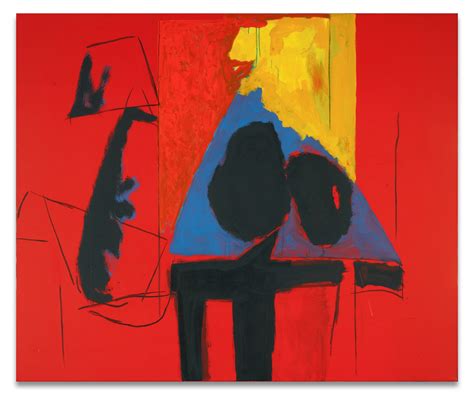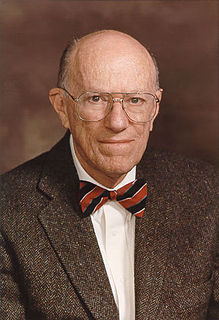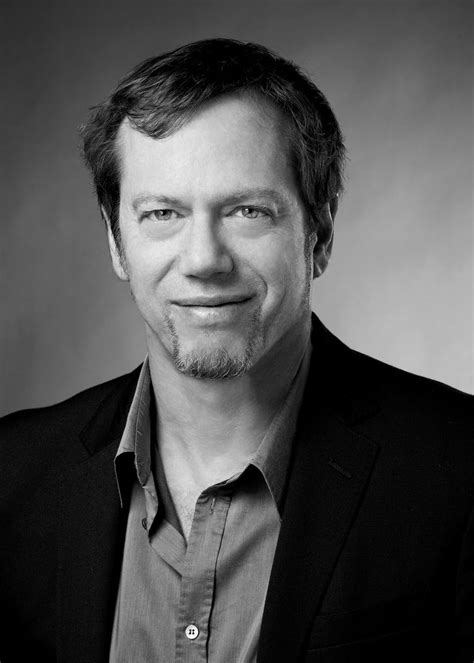A Quote by Robert Motherwell
The abstractness of modern art has to do with how much an enlightened mind rejects of the contemporary social order.
Quote Topics
Related Quotes
Contemporary art and manga - what is the same about them? Nothing, right? The manga industry has a lot of talented people, but contemporary art works on more of a solitary model. No one embarks on collaboration in contemporary art in order to make money. But in the manga world, everyone is invested in collaboration. The most important point is that the manga industry constantly encourages new creations and creators.
We can no longer contemplate the subject - self - of contemporary art; it has been woven into infinite relationships, replaced by social movements, national image, and financial capital. The disappearance of the construction of the self of contemporary art makes it impossible to exist in the form of a subject. The subject of contemporary art that I speak of is a kind of naming event predicated upon the multiplicity of the environment. It includes politics, should have its own way of thinking, and can be perceived.
The experience of the gangster as an experience of art is universal to Americans. There is almost nothing we understand better or react to more readily or with quicker intelligence. In ways that we do not easily or willingly define, the gangster speaks for us, expressing that part of the American psyche which rejects the qualities and the demands of modern life, which rejects Americanism itself.
I like art that challenges you and makes a lot of people angry because they don't get it. Because they refuse to look at it properly. Rather than open their mind to the possibility of seeing something, they just resist. A lot of people think contemporary art makes them feel stupid. Because they are stupid. They're right. If you have contempt about contemporary art, you are stupid. You can be the most uneducated person in the world and completely appreciate contemporary art, because you see the rebellion. You see that it's trying to change things.
Far from affording artists continuous inspiration, mass-media sources for art have become a dead end. They have combined with the abstractness of institutional art teaching to produce a fine-arts culture given over to information and not experience. This faithfully echoes the drain of concreteness from modern existence- the reign of mere unassimilated data instead of events that gain meaning by being absorbed into the fabric of imaginative life.
Regarding social order, [Francis] Fukuyama writes, "The systematic study of how order, and thus social capital, can emerge in spontaneous and decentralized fashion is one of the most important intellectual developments of the late twentieth century." He correctly attributes the modern origins of this argument to F. A. Hayek, whose pioneering contributions to cognitive science, the study of cultural evolution, and the dynamics of social change put him in the forefront of the most creative scholars of the 20th century.
If men were able to be convinced that art is a precise advance knowledge of how to cope with the psychic and social consequences of the next technology, would they all become artist? Or would they begin a careful translation of new art forms into social navigation charts? I am curious to know what would happem if art were suddenly seen for what it is, namely, exact information of how to rearrange one's psyche in order to anticipate the next blow from our own extended faculties.
Contemporary poetry ... tries to transform the sign back into meaning:
its ideal, ultimately, would be to reach not the meaning of words, but the
meaning of things themselves. This is why it clouds the language, increases
as much as it can the abstractness of the concept and the arbitrariness
of the sign and stretches to the limit the link between signifier and signified.








































